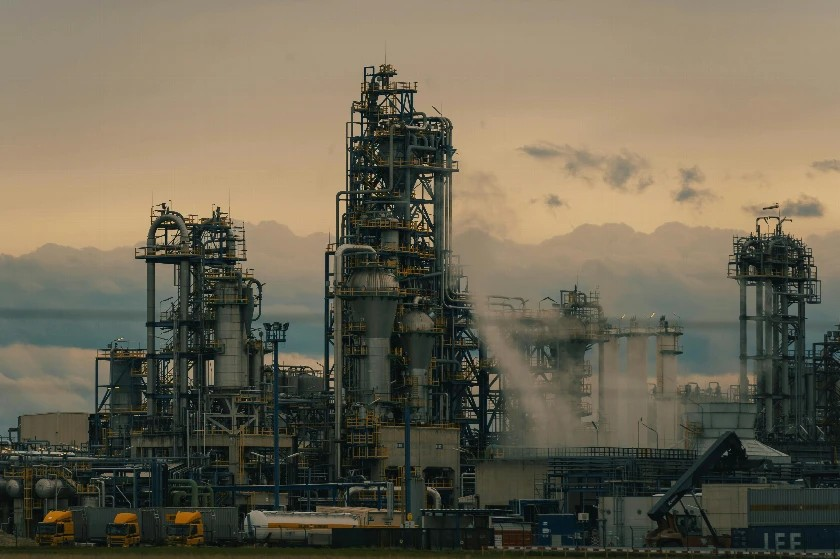Oil prices continued to rise as market participants shifted their focus to the upcoming trade discussions between the US and China, scheduled for this weekend. Bloomberg reported that Brent crude surpassed $63 per barrel after a 2.8% increase in the previous session, while West Texas Intermediate hovered near $60. President Donald Trump expressed optimism about the negotiations with China, suggesting they would yield tangible results, though China maintained its stance on the need for the US to lift tariffs before talks could advance.
Read also: China’s Exporters Gear Up as U.S. Trade Talks Spark Hopes of Revival
Despite the recent uptick, crude prices have been under pressure since mid-January due to concerns that Trump’s tariff policies might hinder economic growth. Additionally, OPEC+’s strategy to boost production has contributed to market uncertainty. According to data from IndexBox, global oil production is expected to increase by 1.5% this year, further influencing price dynamics.
While Trump celebrated a recent agreement with the UK as historic, the details of the pact suggest it may not meet the expectations of a comprehensive deal. Charu Chanana, chief investment strategist for Saxo Markets Pte, noted that the UK agreement may not necessarily facilitate progress in the more complex US-China negotiations. She emphasized that the supply side, particularly OPEC’s decision to ramp up production, remains a critical factor affecting oil prices.
In related developments, the US imposed sanctions on a third Chinese teapot refinery, Hebei Xinhai Chemical Group Ltd., along with various port terminal operators and individuals accused of facilitating Iranian crude trade. Meanwhile, the UK plans to sanction up to 100 tankers implicated in transporting Russian oil, with these measures targeting vessels carrying over $24 billion worth of cargo since early last year.

